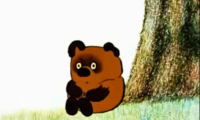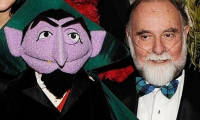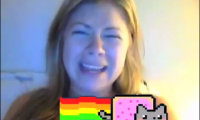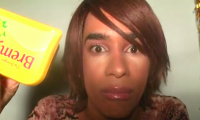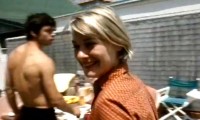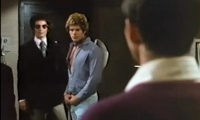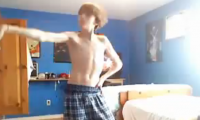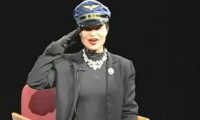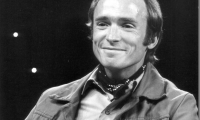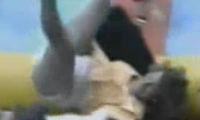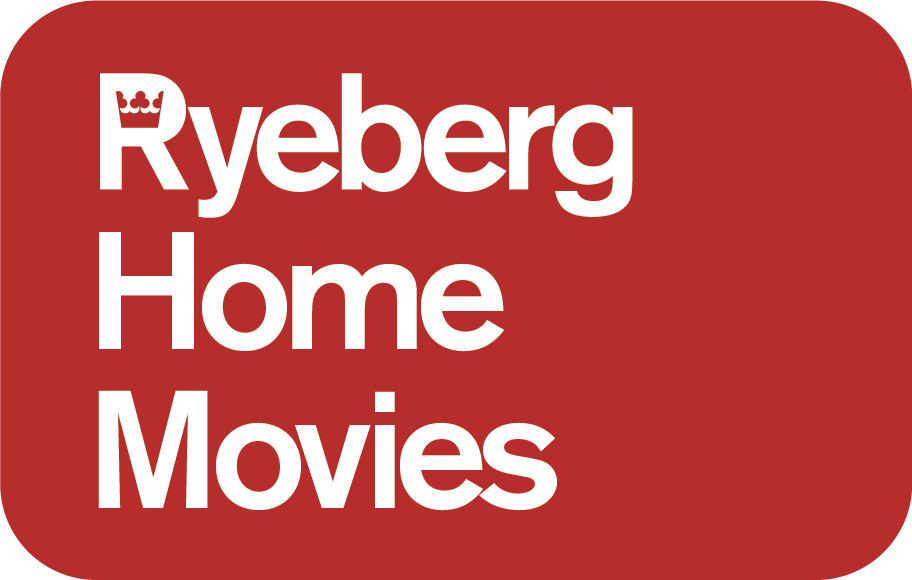Whenever I am sad, I watch this:
Sesame Street, “Patti Labelle Sings The Alphabet,” (2000)
Just now, watching it again so that I could post it here, it immediately buoyed my spirits. I also used to watch this (and still do, occasionally).
Sesame Street, “Madeline Kahn, Sing After Me,” (1977)
I just tittered. These videos are like acupuncture, working my inner child pressure point. They make me inordinately happy, and not just because they’re fantastic entertainment (we could all testify to Miss Patti‘s fabulousness, but who knew that Madeline Kahn had such a sparkling coloratura?). Although that reasoning is none too shabby: when I consider how many treacly, pedantic and condescending shows are vying for the attention of future generations, the gentle wry wit and cultural currency of “Sesame Street” (now in it’s astonishing 40th year of programming) is immensely heartening.
Consider who “Sesame Street” has invited into the living rooms of North America’s children (aside from Misses Labelle and Kahn): Stevie Wonder, Johnny Cash, REM, Feist; while the Teletubbies (remember that particularly horrific flash in the pan?) were trying to sear the retinae of the nation’s most precious public resource with a psychedelic baby-sun and reduce their yet to be molded minds to loose jelly with meaningless onomatopeisms jabbered by a parade of cutesy rainbow monsters, the makers of Sesame Street were priming them on the lessons of urban life and using contemporary culture to teach them the basics of vocabulary, grammar, and counting.
So perhaps I should backpedal, and qualify. These videos make me inordinately happy because they’re fantastic entertainment, and because they’re mindful entertainment; excellent entertainment. It’s the same feeling I got when I walked out of Pixar‘s “WALL-E.” The thought that this movie was being viewed by millions upon millions of kids, the idea that this lovingly crafted movie was not only instilling a sense of public responsibility in these kids, but that it was setting a high bar, and thus teaching them (albeit on a subconscious level) about the excellence of craft and the importance of artistry, was… well, inspirational. In the Miss Patti sense of the word.
As someone who’s grown up with Chomsky-esque media critique, and thus, to a certain extent, internalized their cynicism, the whole notion of children’s programming that strives for mindfulness and excellence is a lovely reminder that all is not lost, that there is human action that still counts amidst the endless onslaught of marketed corporate pablum (yes, yes, I know all about the gruesome phenomenon of rampaging consumerism that was Tickle Me Elmo — don’t kill my high, alright?).
As a final amen, I offer this: a then-unknown Mr. Rogers — halting, timid, pensive — explaining to a US senator (coincidentally, in the same year as Sesame Street’s debut) why Public Television should be taxpayer funded; basically, in the language of western capitalism, why public television should exist. I defy you to make it to the end of this clip without crying.
Fred Rogers, “Against Funding Cuts,” (1969)
-Sholem Krishtalka
